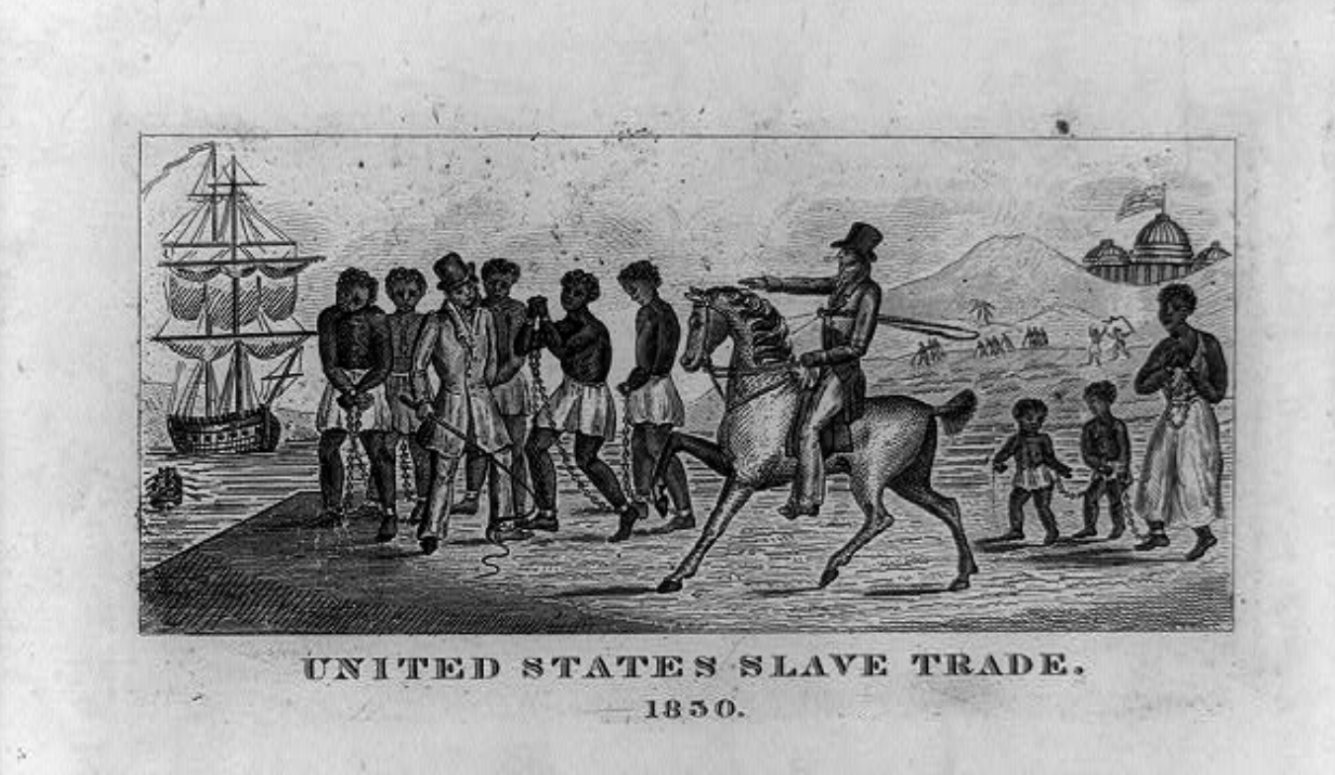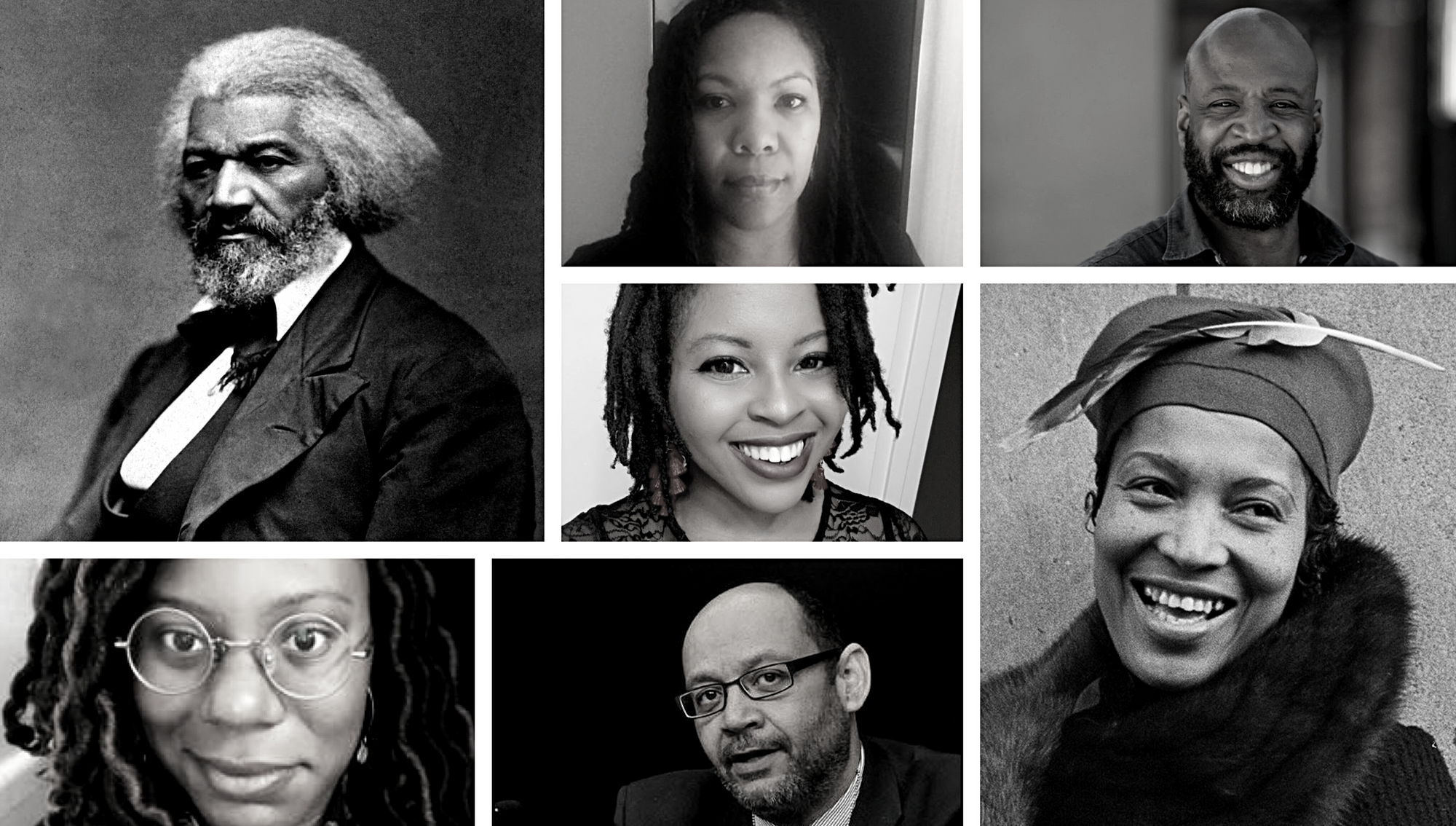Slavery
Are We Teaching That Slavery Is Beneficial?
That slaves were able to develop beneficial skills while in bondage is a tribute to the human ability to wrest value and create meaning even under conditions of almost unfathomable duress.

The history wars are back. The state of Florida’s 2023 standards for high school social studies classes have caused controversy, largely because of a single line in the document, which calls for instruction in “how slaves developed skills which, in some instances, could be applied for their personal benefit.”
The word “benefit” in a document about how to teach the history of slavery is indeed jarring. US Vice President Kamala Harris has claimed that the use of the term is designed to suggest that enslaved people might have “benefited from slavery.” She regards this as divisive propaganda and an insulting attempt to gaslight Americans.
Other critics have also parsed the sentence in question as suggesting that slavery had an “upside,” a “silver lining,” or produced a “net benefit” and that the framers of this document are therefore trying to “whitewash” history. According to the Florida Education Association, a statewide teachers union, the new standards constitute “a big step backward.” The Florida chapter of the National Association for the Advancement of Colored People (NAACP) has accused Florida Governor Ron DeSantis and his Republican-led state government of trying to “bring our country back to a 19th century America where Black life was not valued.” Florida state Representative Fentrice Driskell has flatly informed DeSantis: “You are on the wrong side of history.”
That many people have been so quick to respond to a single phrase in a 216-page document in such hyperbolic terms is indicative of our habit of seeing every current event as a significant step forward or backward in our collective historical development.
A closer examination of the proposed standards reveals a less dramatic situation. Tallying up all the 191 mentions of slavery in the new standards reveals that the document mentions the violence and injustice of slavery many times and the “benefits” only once.
In any case, perhaps the idea that the authors of the document are trying to express when they talk about benefits is not as “loathsome” as their critics have suggested. These critics clearly believe that to highlight the skills that some African Americans learned under slavery—even if imparting such skills was never the intention of the slavemasters—is to downplay the violence, brutality, and injustice of chattel slavery in America. They would prefer historians to focus exclusively on violence and brutality. Yet history is rarely that simple.

The scholarly accounts of American slavery that emerged in the early twentieth century by writers like Ulrich Bonnell Phillips were shaped by racist presuppositions and portrayed slavery as a benign institution, “a kind of ‘school’ in which (slaves) would be readied for civilized life,” as historian Thomas C. Holt puts it. By the mid-twentieth century, a new generation of historians, led by Kenneth M. Stampp and Stanley Elkins, emphasized the profound damage and destruction wrought by slavery and its devastating physical, emotional, and spiritual impacts on the enslaved.
Yet by the 1970s, historians like John Blassingame, Herbert Gutman, Albert Raboteau, and Eugene Genovese had become troubled by this exclusive focus on slavery’s brutalizing effects and placed new emphasis on the resilience of the human spirit, as evidenced by the way in which, as Holt puts it, “Despite the harshness of the system, slaves were able to create communities beyond their masters’ total control.”
Writer Ralph Ellison also saw a danger in dwelling exclusively on white brutality and black victimhood. In his 1964 review of Gunnar Myrdal’s 1944 book An American Dilemma: The Negro Problem and Modern Democracy, Ellison asks,
Can a people … live and develop for over three hundred years simply by reacting? Are American Negroes simply the creation of white men, or have they at least helped to create themselves out of what they found around them? Men have made a way of life in caves and upon cliffs; why cannot Negroes have made a life upon the horns of the white man’s dilemma?
That slaves were able to develop beneficial skills while in bondage is a tribute to the human ability to wrest value and create meaning even under conditions of almost unfathomable duress. The authors of the Florida standards document were right to point this out. This should not be hand-waved away for political purposes. Denying these achievements will not help us move forward as a society.






